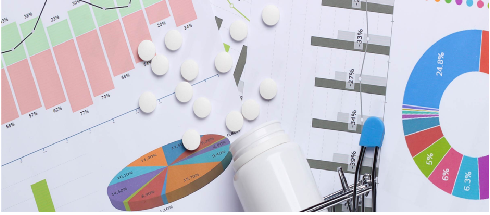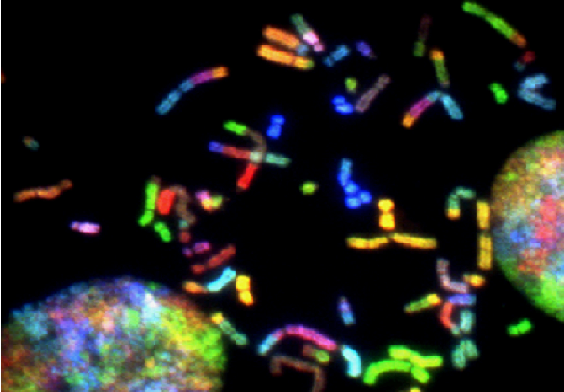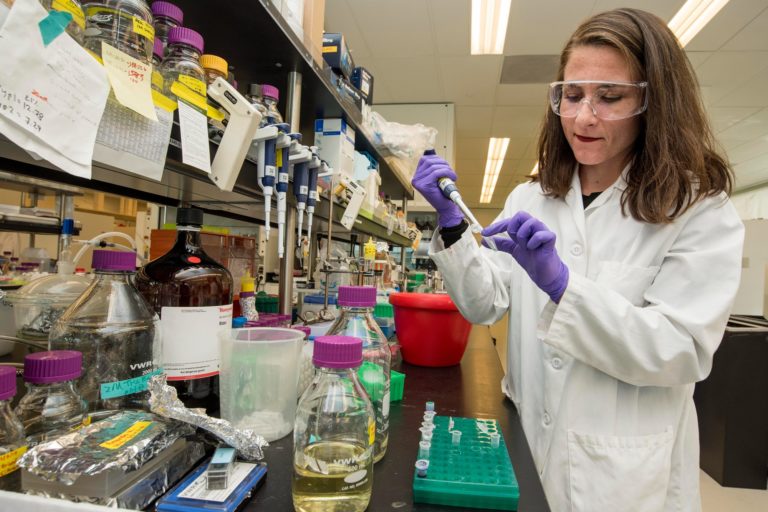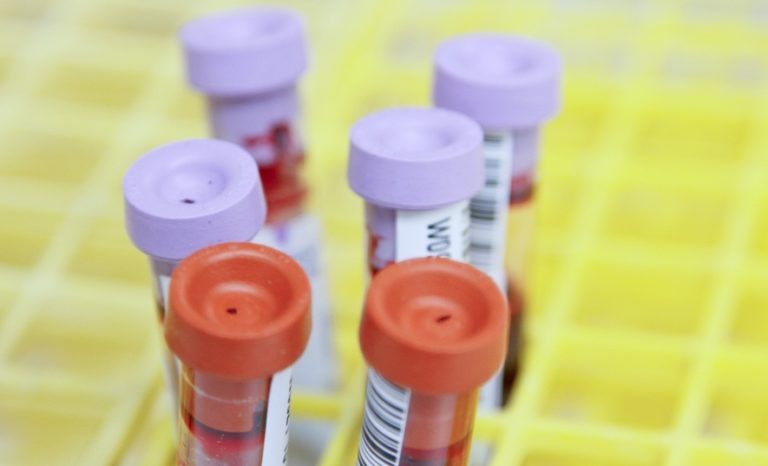Introduction
Clinical trials are relatively simple to conduct. We want to know if a new drug is effective and, if so, how effective it is. We will test this medicine on a few thousand people to see how they respond.
We capture their thoughts, examine them for a dozen health indicators, then examine a ton of tables containing collected data before arriving at a conclusion.
All of these procedures are primarily dependent on one thing: data. And how thoroughly it’s documented, gathered, compiled, and analysed. For the most phase, humanity has done a good job working with data. However, as we grow older, our need expand.
Data sharing and accessibility are two of today’s most important aspects of clinical research. We looked at the most common drug data APIs previously. Now we’ll look at the CDISC guidelines and how they affect scientists.
The “Clinical Data Interchange Standards Consortium,” or CDISC, is a global non-profit organisation that actively develops data standards based on the combined knowledge and experience of volunteers in the pharmaceutical industry.
CDISC standards are open source, global, and universal.
The medical community benefits in the following ways.
For researchers, clear and straightforward data management at all stages of clinical research means speedier discoveries and easier sharing and understanding of study results by the community.
For Pharma companies, CDISC standards are required by FDA, PMDA, and EMA, thus the submission and review procedure is simple and quick.
For technology vendors, the ability to design solutions that meet the needs of the research community and employ standardised datasets for machine learning in the pharmaceutical industry.
Overall, standards make it easier to interpret massive amounts of data, ranging from patient questionnaires to information regarding laboratory samples. Let’s go over the different CDISC standards.
CDISC standards fall into four categories: fundamental or Data content standards (SEND, PRM, CDASH, SDTM, ADaM).
These are the foundation standards for a number of other CDISC standards that assist data collection, management, analysis, and reporting throughout the clinical trial process.
Standards for data exchange (SDM-XML, ODM-XML, Define-XML, CTR-XML). CDISC uses a standard XML for data interchange that is accompanied by industry-specific requirements.
The core requirements for many disease areas are specified in these standards. Here’s an example of a user guide that explains how to collect data and perform COVID-19 trials.
What Does CDISC Do & Why Is CDISC Important?
CDISC develops and disseminates standards for the collecting, exchange, submission, and archiving of data for the development of medical and biopharmaceutical products.
The consortium collaborates with international organisations such as the U. S. FDA, the European Medicines Agency (EMA), Japan’s Pharmaceuticals and Medical Devices Agency (PMDA), and China’s National Medical Products Administration (NMPA) to develop guidelines and requirements that influence clinical and nonclinical data standards.
CDISC standards evolve and change in accordance with worldwide rules. CDISC standards have numerous advantages.
Implementing CDISC data standards has a number of advantages, including:
• CDISC standards promote transparency throughout the medical research process, from protocol development to data and result reporting.
• By speeding regulatory processes during medication development, CDISC standards can reduce timeframes and costs, resulting in a faster marketing authorisation.
• CDISC standards allow FDA reviewers to spend more time on the science of drug development by reducing the amount of time they spend reviewing data.
• When CDISC data standards are implemented, CROs and Sponsors can exchange high-quality, interpretable data quickly and easily.
CDISC Data Standards in Clinical Research & Clinical Studies
CDISC datasets assist in providing clear and standardised clinical trial data to regulatory organisations.
When data is poorly organised or difficult to interpret, it can result in governmental resistance or delays in the drug development process, as effort is spent organising and making sense of the data.
Sponsors can structure their raw data more efficiently using CDISC data standards, which are universally recognised and essential for successful data submissions.
Implementing Controlled Terminology is another technique to create clarity (CT). CT is an evolving dictionary of recognised terms that are used to standardise data collected across studies into a single value for computerised data processing and submission.
CT offers data a clear context and eliminates uncertainty in result evaluation.
Pharmacokinetic CDISC Data Standards
Pharmacokinetic (PK) data is an essential subset of clinical trial data inside CDISC. CDISC data management with PK data is a very specialised area.
Understanding the distinctions between the sources and types of PK data acquired during a trial, as well as how to merge those different data sources in the correct format to create a dataset suitable for PK studies, is crucial.
PK and CDISC collaborate to produce a simple and easy-to-understand clinical trial submission package.
CDISC has three key data standards:
SEND for nonclinical data, SDTM for clinical data, and ADaM for analysis ready data, as previously mentioned.
Clinical and bioanalytical data must be reconciled in the PK domains for SDTM and ADaM. Specialized domains are established to highlight the link between bioanalytical data and estimated PK parameters.
CDISC Domains
Domains are used to organise SEND, SDTM, and ADaM data. A domain is a collection of linked observations on a specific topic collected for all human or animal subjects in a clinical or nonclinical study.
Clinical PK Domain Definitions:
Pharmacokinetic concentrations (PC) domain, pharmacokinetic parameters (PP) domain, and related records (RELREC) domain are all relevant PK domains for SEND and SDTM.
The analysis dataset of pharmacokinetic concentrations (ADPC) and the analysis dataset of pharmacokinetic parameters (ADPP), which are used for PK analyses, are the key PK domains for ADaM.
PC: Data obtained for analytes (typically study medications and/or their metabolites) in tissue (e.g., serum or plasma) and fluid concentrations as a function of time before and after dosing the research drug.
PP: PC data in a standardised format describing the PK parameters of the time-concentration curve (e.g., area under the curve, maximum concentration, time of maximum observed concentration sampled during a dosing interval).
RELREC: Data that relates the specific PK concentrations in the PC dataset to the PP dataset’s corresponding PK parameters.
ADPC: Analyze ready data collected for analyte concentrations in tissue and fluid as a function of time. This dataset may contain information not found in the SDTM PC domain, such as elapsed time calculations, analysis flagging, and imputations of values below the quantification lower limit.
ADPP: Analysis ready data for PC data that describes the characteristics of the time-concentration curve. This dataset may include flags for values to be utilised in further analysis, such as tables, listings, figures, or bioequivalence/bioavailability assessments, in addition to the SDTM PP dataset.
Nonclinical PK Domain Definitions:
The pool definitions (POOLDEF) and supplemental qualifiers for pharmacokinetic concentration (SUPPPC), as well as the PC and PP domains outlined above under the clinical PK domains, are all important domains for SEND.
POOLDEF: Data utilised in a pooled profile for analysis to combine and identify individual animals.
SUPPPC: Supplementary dataset that contains extra qualifiers not captured by PC variables.
SEND:SEND stands for “Standard for Nonclinical Data Exchange.” All nonclinical data is organised, structured, and formatted according to SEND.
Based on the format and metadata provided by the SDTM, the SEND Implementation Guide (SEND-IG) includes predefined areas and samples of nonclinical (animal) data.
Single-dose toxicity, repeat dosage toxicology, and carcinogenicity studies are all supported by the current SEND-IG version 3.1.1.
SEND also covers respiratory and cardiovascular testing in safety pharmacology investigations. Data collection for immunogenicity specimen assessment is currently in the works.
SDTM: “Study Data Tabulation Model” is what SDTM stands for. SDTM is the most extensively used CDISC standard. SDTM establishes a common standard for constructing and structuring data sets for particular clinical studies.
The SDTM Implementation Guide (SDTM-IG) provides a standardised, pre-defined collection of domains for clinical data input, each based on the SDTM’s structure and metadata.
SDTM data is unprocessed data that frequently requires additional manipulation before it is ready for analysis.
ADaM: “Analysis Data Model” is what ADaM stands for. ADaM can alternatively be thought of as “analysis ready” data. The way data is displayed is the key distinction between ADaM and SDTM standards.
SDTM is a standard for collecting and mapping data from raw sources, whereas ADaM is a standard for creating analysis-ready data, which frequently uses SDTM data as a source. The FDA can readily repeat analyses using ADaM databases.
Who Belongs to CDISC and Why?
CDISC’s membership covers a diverse spectrum of clinical research organisations, including:
- Clinical research organizations
- Government agencies
- Technology service providers
- Biotech firms
- Academic institutions
- Pharmaceutical companies
- Non-profit organizations
- Healthcare providers
These individuals are all motivated by the desire to maximise the effect of clinical research results.
CDISC data standards aid understanding and interpretation of clinical data.
Being a member of CDISC has a number of advantages, including access to a variety of tools, workshops, and training courses designed to help clinical researchers better understand and execute CDISC’s data management standards.










